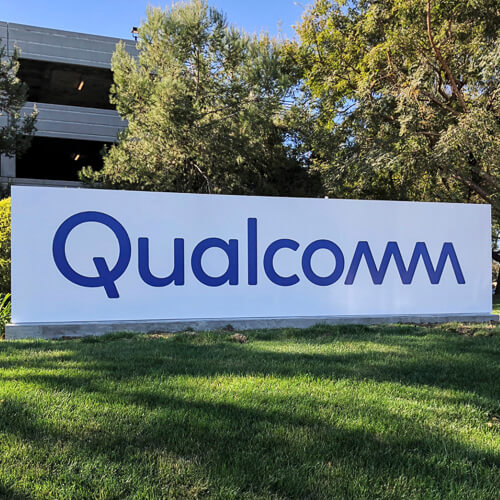
The ongoing legal battle between Arm and Qualcomm has captured the attention of the tech industry. Arm, a key player in the semiconductor world, licenses its cutting-edge technology to nearly every major chip manufacturer. However, its recent clash with Qualcomm over intellectual property (IP) licensing raises significant questions about the future of chip design and innovation. This blog explores the nuances of the case, its implications for the tech industry, and what it reveals about the evolving dynamics between IP licensors and manufacturers.
What Is the Conflict About?
The conflict stems from Qualcomm’s 2021 acquisition of chip startup Nuvia for $1.4 billion. Arm claims that Qualcomm failed to honor Nuvia’s pre-existing royalty rates for chip designs. Instead, Qualcomm allegedly paid lower rates based on its own licensing agreement. Arm argues that this move undermines its business model. The company is seeking a legal remedy: the destruction of Nuvia’s designs.
These designs play a crucial role in Qualcomm’s low-powered AI PC chips. Microsoft and others believe these chips can help Windows compete with Apple’s MacBooks. Internal documents shared during the trial estimate Qualcomm’s actions could cost Arm $50 million in lost revenue.
Arm’s Neutral Role Under Question
Arm has traditionally operated as a neutral supplier, licensing its technology without entering manufacturing. During the trial, Arm’s CEO, Rene Haas, rejected claims that the company plans to produce its own chips. Qualcomm’s legal team presented documents suggesting otherwise, but Haas clarified that exploring strategies doesn’t mean entering the chip production business.
“That’s all I think about, is the future,” Haas said when asked about these plans. His testimony emphasizes Arm’s focus on its role as a neutral licensor while adapting to market changes.
Communication With Qualcomm’s Partners
Arm sent letters to Qualcomm’s partners, including Samsung Electronics, warning about the dispute’s potential consequences. The letters claimed the case could force the destruction of Nuvia’s technology. Qualcomm’s attorneys called these communications “misleading,” arguing they could destabilize the chip supply chain. Haas defended the letters, explaining that they addressed partners’ growing concerns.
Implications for the Industry
The trial’s outcome could set a precedent for resolving licensing disputes in the semiconductor industry. If Qualcomm’s interpretation of licensing agreements prevails, other manufacturers might renegotiate terms. This could disrupt Arm’s revenue model. On the other hand, a win for Arm could reinforce the importance of honoring royalty agreements and highlight the value of IP protection.
This case also highlights Arm’s challenges in maintaining neutrality. Since its 2023 public listing under SoftBank Group’s ownership, Arm faces heightened scrutiny over its financial performance and strategic decisions.
What Happens Next?
Arm is expected to conclude its arguments by presenting video depositions and calling its final witnesses. Qualcomm may call its CEO, Cristiano Amon, to the stand. The judge indicated that jury deliberations could begin as early as Thursday.
The Arm vs. Qualcomm trial is more than a legal dispute. It represents the challenges and opportunities facing the chip industry. The case’s outcome could influence licensing practices, corporate strategies, and the broader semiconductor ecosystem. Stay tuned as we continue to monitor this pivotal moment in tech history.
